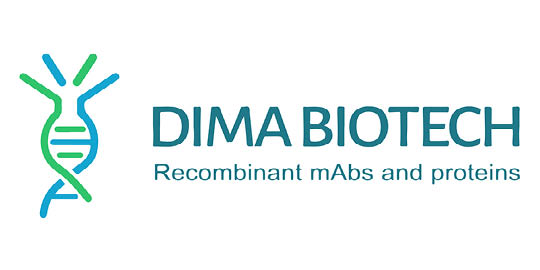Human ACKR2-Strep full length protein-synthetic nanodisc
Human ACKR2-Strep full length protein-synthetic nanodisc
SKU
DMAFLP120176-50
Packaging Unit
50 µg
Manufacturer
DIMA Biotechnology
Availability:
loading...
Price is loading...
Background: This gene encodes a beta chemokine receptor, which is predicted to be a seven transmembrane protein similar to G protein-coupled receptors. Chemokines and their receptor-mediated signal transduction are critical for the recruitment of effector immune cells to the inflammation site. This gene is expressed in a range of tissues and hemopoietic cells. The expression of this receptor in lymphatic endothelial cells and overexpression in vascular tumors suggested its function in chemokine-driven recirculation of leukocytes and possible chemokine effects on the development and growth of vascular tumors. This receptor appears to bind the majority of beta-chemokine family members; however, its specific function remains unknown. This gene is mapped to chromosome 3p21.3, a region that includes a cluster of chemokine receptor genes. [provided by RefSeq, Jul 2008]
Description: Human ACKR2-Strep full length protein-synthetic nanodisc
Molecular Weight: The human full length ACKR2-Strep protein has a MW of 43.4 kDa
Protein Families: GPCR,Transmembrane,Druggable Genome,
Protein Pathways: GPCRDB Class A Rhodopsin-like,Chemokines,Chemokine and Receptor,
Storage & Shipping: Store at -20°C to -80°C for 12 months in lyophilized form. After reconstitution, if not intended for use within a month, aliquot and store at -80°C (Avoid repeated freezing and thawing). Lyophilized proteins are shipped at ambient temperature.
Tag: C-Flag&Strep Tag
Expression Host: HEK293
Formulation & Reconstitution: Lyophilized from nanodisc solubilization buffer (20 mM Tris-HCl, 150 mM NaCl, pH 8.0). Normally 5% – 8% trehalose is added as protectants before lyophilization. Please see Certificate of Analysis for specific instructions. Do not use solvents with a pH below 6.5 or those containing high concentrations of divalent metal ions (greater than 5 mM) in subsequent experiments.
Target: ACKR2
Uniprot ID: O00590
Usage: Research use only
Description: Human ACKR2-Strep full length protein-synthetic nanodisc
Molecular Weight: The human full length ACKR2-Strep protein has a MW of 43.4 kDa
Protein Families: GPCR,Transmembrane,Druggable Genome,
Protein Pathways: GPCRDB Class A Rhodopsin-like,Chemokines,Chemokine and Receptor,
Storage & Shipping: Store at -20°C to -80°C for 12 months in lyophilized form. After reconstitution, if not intended for use within a month, aliquot and store at -80°C (Avoid repeated freezing and thawing). Lyophilized proteins are shipped at ambient temperature.
Tag: C-Flag&Strep Tag
Expression Host: HEK293
Formulation & Reconstitution: Lyophilized from nanodisc solubilization buffer (20 mM Tris-HCl, 150 mM NaCl, pH 8.0). Normally 5% – 8% trehalose is added as protectants before lyophilization. Please see Certificate of Analysis for specific instructions. Do not use solvents with a pH below 6.5 or those containing high concentrations of divalent metal ions (greater than 5 mM) in subsequent experiments.
Target: ACKR2
Uniprot ID: O00590
Usage: Research use only

 Deutsch
Deutsch











